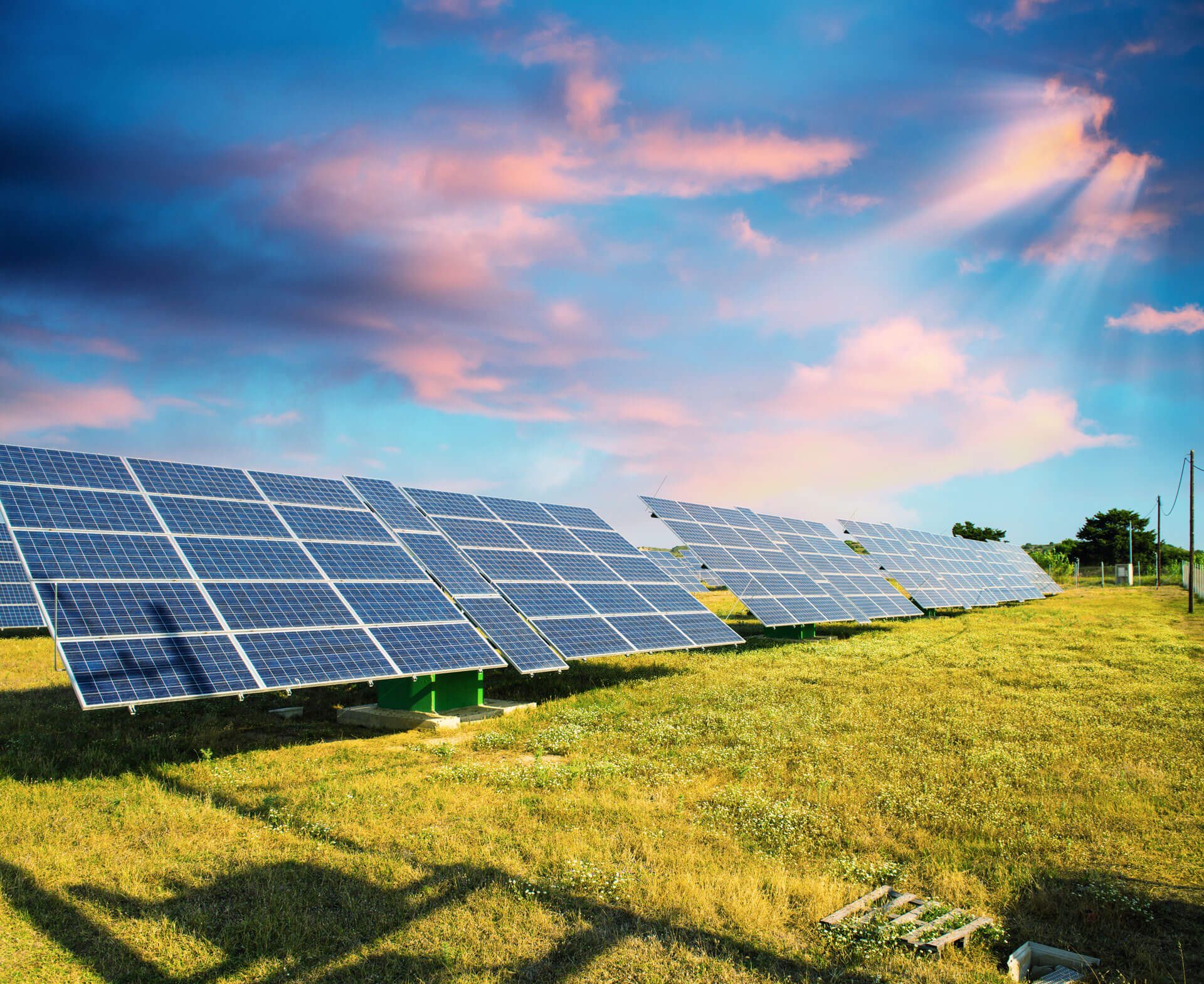With the continuous increase in PV installation scale, the policy top-level design for module recycling industry is accelerating its improvement. As of now, 38 relevant policy documents have been issued at the national level, of which at least 9 since 2022 specifically emphasize the industrialisation of recycling. The standard system is being constructed simultaneously, with 4 national standards already released, 3 more standards soliciting comments, and over ten group standards jointly supporting the standardized development of the industry.
At the industrial foundation level, mainstream recycling technologies such as physical, chemical, and pyrolysis methods have entered the practical stage. Some enterprises have carried out digital platform construction, exploration of qualification certification systems, and R&D of disposal production lines,initially forming recycling and disposal capacity.
However, the industry still faces severe challenges:
First, poor technical economics restrict large-scale application. Although the physical method has low cost and good environmental protection performance, the material separation purity is insufficient; the chemical method has a high recovery rate, but the cost exceeds 40 yuan/kW, and waste liquid treatment is difficult; the pyrolysis method has high energy consumption and large investment thresholds. Currently, the lack of efficient green materials and complete equipment leads to losses in formal recycling costs.
Second, a nationwide recycling network has not yet taken shape. The lack of a responsibility mechanism results in insufficient market driving force, and fewer than 20 qualified enterprises nationwide are unable to meet demand. Centralized power stations account for over 57%, and due to unclear regulations on the disposal of state-owned assets, module circulation is restricted. Inter-provincial transfer approval barriers further increase logistics costs,with single module transportation costs reaching tens of yuan, squeezing profit margins.
Third, recycling chaos disrupts market order. Unqualified small workshops reduce costs through simple disassembly and incineration, while formal enterprises lack stable sources of supply due to price disadvantages. Some owners focus only on price during tenders, neglecting qualification reviews, leading toa large number of modules flowing into informal channels, exacerbating environmental pollution and resource waste.
In response to the current industrialisation bottlenecks, breaking the impasse requires multi-party collaboration:
First, strengthen top-level design, clarify the solid waste attribute ownership of modules, formulate industrialisation technology roadmaps, and improve standard implementation rules;
Second, innovate policy tools, establish a recycling fund reward and punishment mechanism, pilot a "white list" system, and incentivize technology R&D through tax reductions;
Additionally, cultivate top-tier enterprises, support central state-owned enterprises in building regional recycling centers, and construct a nationwide recycling network;
Finally, explore smart models, use blockchain technology to build traceability platforms, innovate cooperation mechanisms such as "trade-in", and enhance the synergy efficiency of the industry chain.
The PV module recycling industry is currently at a critical stage of transitioning from "policy-driven" to "market-driven." Only through simultaneous breakthroughs in technology, network construction, and strengthened regulation can the tens of millions of metric tons of "decommissioning wave" be transformed into genuine "urban mines."
![[SMM PV News] Armenia Hits 1.1 GW Solar Capacity,](https://imgqn.smm.cn/usercenter/qQwIB20251217171741.jpg)
![Spot Market and Domestic Inventory Brief Review (February 5, 2026) [SMM Silver Market Weekly Review]](https://imgqn.smm.cn/usercenter/tSwaX20251217171735.jpg)
![Silver Market Price Review and Expectations Brief Commentary (February 5, 2026) [SMM Silver Market Weekly Review]](https://imgqn.smm.cn/usercenter/fNuSg20251217171735.jpg)
